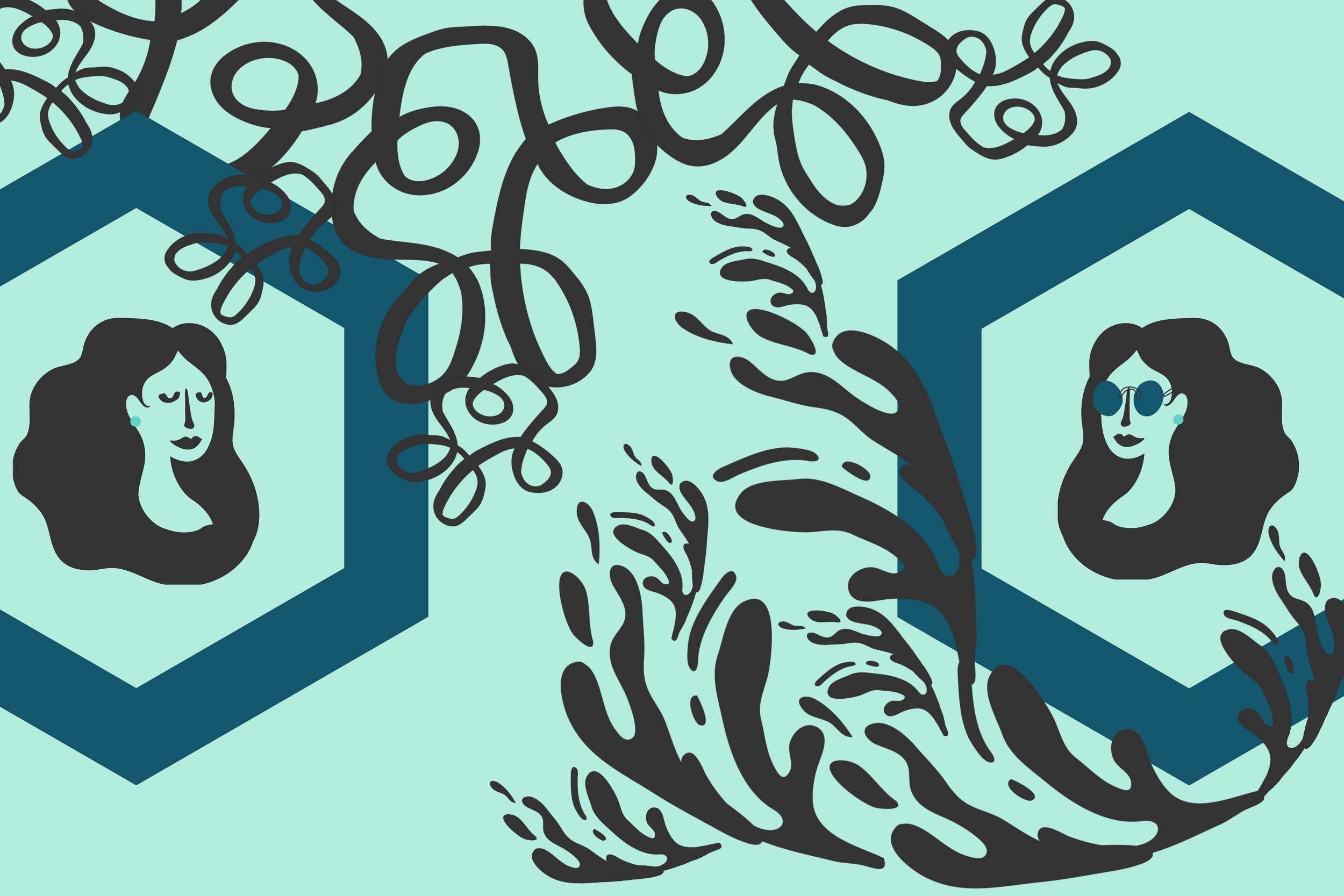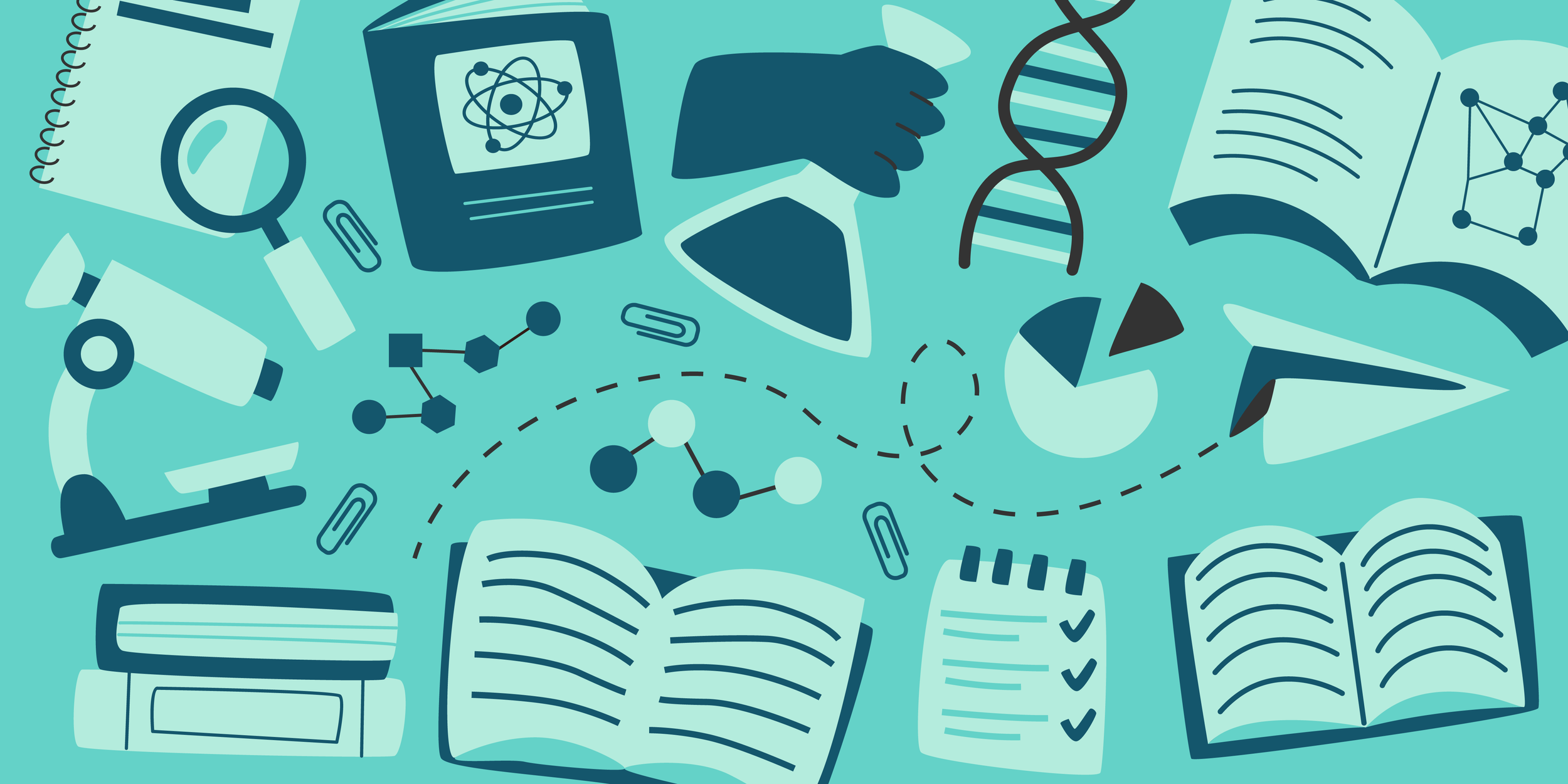Dive into a collection of articles that amplify neurodivergent voices, support a more thorough understanding of neurodiversity, and challenge common misconceptions.
Month
- February 2026
- January 2026
- December 2025
- November 2025
- October 2025
- September 2025
- August 2025
- July 2025
- June 2025
- May 2025
- April 2025
- March 2025
- February 2025
- January 2025
- December 2024
- November 2024
- October 2024
- September 2024
- August 2024
- July 2024
- June 2024
- May 2024
- April 2024
- March 2024
- February 2024
- January 2024
- December 2023
- November 2023
- October 2023
- September 2023
- August 2023
- July 2023
- June 2023
- May 2023
- April 2023
- March 2023
- February 2023
- January 2023
- December 2022
Author
- Abs S. Ashley
- Adam Fare
- Aimee Fletcher
- Aisling Sheehy
- Andreia Costa
- Ann Memmott
- Antonia Aluko
- Bethan Warner
- Beverley Samways
- Brendan Maguire
- Callum Stephen Howes
- Cassandra Lovelock
- Charli Clement
- Chloe Webster-Harris
- Claire
- Cos Michael
- Darren O'Reilly
- Dr Catherine Crompton
- Dr Virginia Carter Leno
- El Dewar
- Elise Guthrie Stirling
- Emily Wooden
- Emily Lees
- Emily Katy
- Emma
- Emma Nielson
- Grace Lee
- Harriet Axbey
- Hat Porter
- Helen Edgar
- Iqra Babar
- Jill Corbyn
- Kai Schweizer
- Katrine Callander
- Kay Louise Aldred
- Krysia Waldock
- Kyra Thompson
- Lizzie Smith
- Lou Chandler
- Lucy Gilbert
- Meena Kumari
- Molly Anderton
- Molly Siobhan Parker
- Nick Ransom
- Reesha Zahir
- Remie Colledge
- Rhiannon Williams
- Rod Landman
- Rose Matthews
- Sarah Douglas
- Sarah Boon
- Sascha Bellamy
- Sophie Broadgate
- Stop Oxevision
- Tania Robinson
- Thomas Barnett
- Tina
- Trauma Geek
- Victoria Denham
- Warda Farah
- Zoë Austin

Neurodivergent friendly recruitment
Recruitment and employment processes can be baffling, and often seem to test social skills and ‘culture fit’ rather than competence to fulfil the role and ‘culture add’. We are excited to try a new way of recruiting and a new way of working.

Autism Research - What’s New in June 2023?
This research roundup picks out some of the current big debates on autistic lives, and showcases some of the research from teams making an impact on improving the quality of life for autistic individuals.

How authentic is neurodivergent media representation?
Neurodivergent representation in media is something that has often been historically misrepresented. There is however, an abundance of characters that can be described as ‘neurodivergent coded’; characters that are given ND (neurodivergent) traits and characteristics but are never confirmed by the writers as being ND, which leads to their characterisation feeling tokenised, or that the traits that we experience are seen as something ‘trendy’.

Fawn: the trauma response that is easiest to miss
Fawning is taking care of others by suppressing my own emotions, needs, or identity. It’s something I’ve done since I was a very small child, and it’s something that I observe people doing around me almost every day..

Why I continue to speak out and provide support to the Neurodivergent community
I was sixteen years old, in the middle of a mental health crisis. I had just spent three months in a children’s mental health unit, feeling like my life was over. I believed that I hated myself and nothing would ever change that. I felt broken.

Autism Research - What’s New in May 2023?
This research roundup picks out some of the current big debates on autistic lives, and showcases some of the research from teams making an impact on improving the quality of life for autistic individuals.

A neurodiversity paradigm lens on polyvagal theory
People keep asking me how the Autistic community views polyvagal theory. Right now, I can’t speak for the community’s perspective. People are just now learning about the theory, so we don’t have any consensus data from the Autistic community about agreement or disagreement. I can, however, speak for myself as an Autistic researcher and educator.

Autistic Traits vs Autistic Trauma
This list is based on my personal experience, with edits to my original list made after hearing from other #actuallyautistic people. I continue to be open to feedback from the autistic community regarding this list, and I will update or edit this post to reflect that feedback.

Working full time
Only around 2 in every 10 Autistic people (with a diagnosis) is in employment. The world of employment can be a minefield for Neurodivergent people. It’s something I have tried to navigate for about 6 years now, and one I’ve had mixed results with.

Autism Research—What’s New in April 2023?
This research roundup picks out some of the current papers on autistic lives. This particular group has some important focus on autistic adults and their quality of life, and on intersectionality & healthcare outcomes. There is also interesting research news on diagnosis for children.
- ABA
- abuse
- accessible
- ADHD
- adults
- advocacy
- affirming
- aging
- assessment
- autism
- autistic parents
- black autistic
- building design
- burnout
- childhood
- children
- co production
- coercive control
- communication
- community
- culture
- depression
- Designing Homes for Sensory Differences Summit 2024
- diagnosis
- disability
- dyslexia
- eating disorders
- education
- empathy
- employment
- environment
- ethics
- executive functioning
- family
- friendships
- GCC Summit 2023
- gender
- grooming
- guidance
- health
- healthcare
- holiday
- housing
- human rights
- identity
- inclusion
- inpatient
- intersectionality
- joy
- language
- late diagnosed
- learning disability
- LGBTQIA+
- lived experience
- masking
- medicalisation
- meltdown
- mental health
- monotropism
- mothers
- nervous system
- newly diagnosed
- NHS
- OCD
- online
- pain
- parents
- PBS
- peer support
- play
- psychiatric care
- quality of life
- race
- racism
- reasonable adjustments
- relationships
- research
- resources
- routine
- school
- self diagnosis
- self regulation
- sensory environment
- sensory overwhelm
- sensory processing
- services
- sexism
- special interests
- spirituality
- stimming
- stress
- suicide
- support
- therapy
- training
- trauma
- trauma-informed
- women
- workplace
- young people
Got something to say?
We commission blogs from neurodivergent writers. We are particularly keen to hear from people of colour, older people, and non-speaking members of our community. Help us in our mission to amplify the views and voices that are most often left unseen and unheard.


